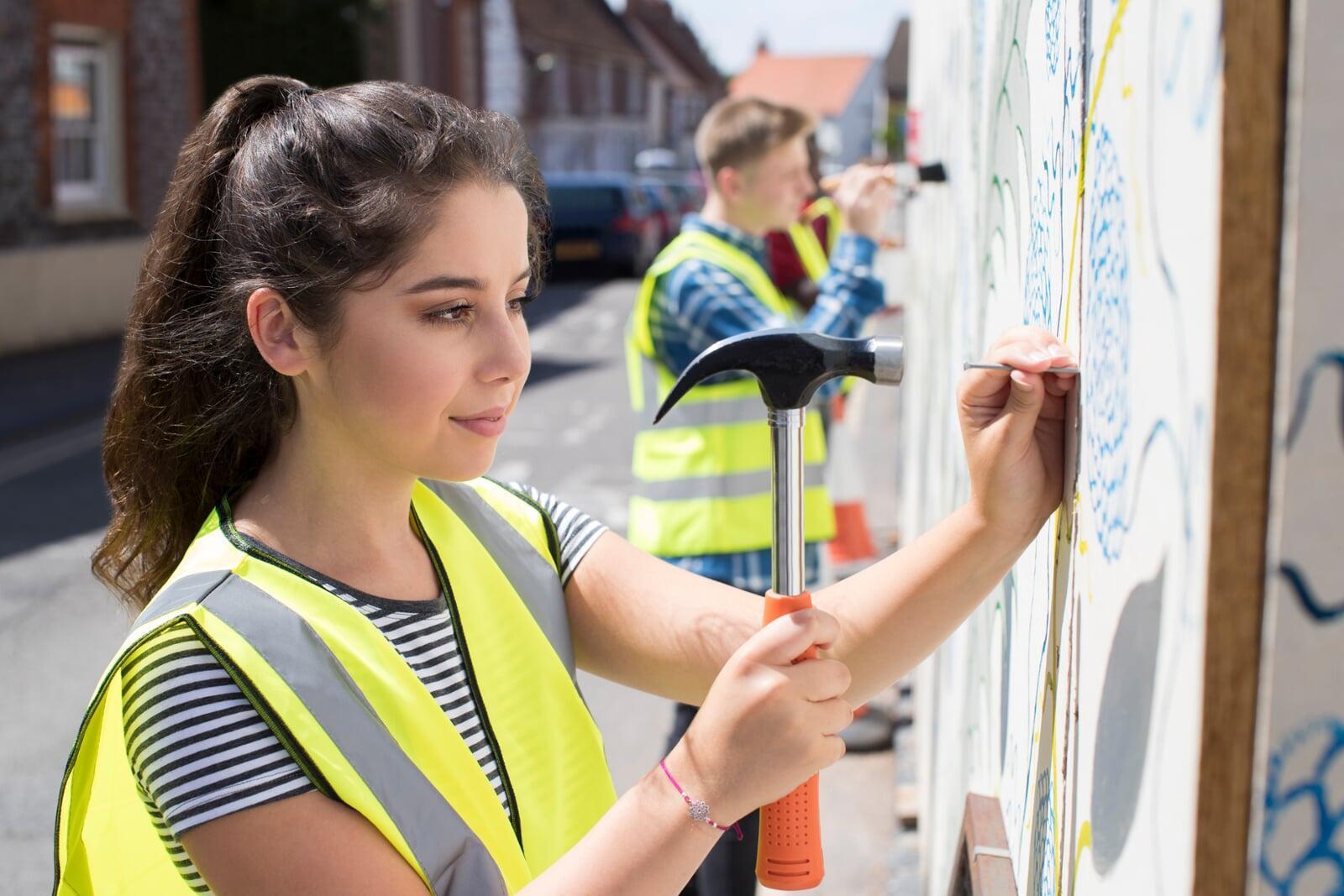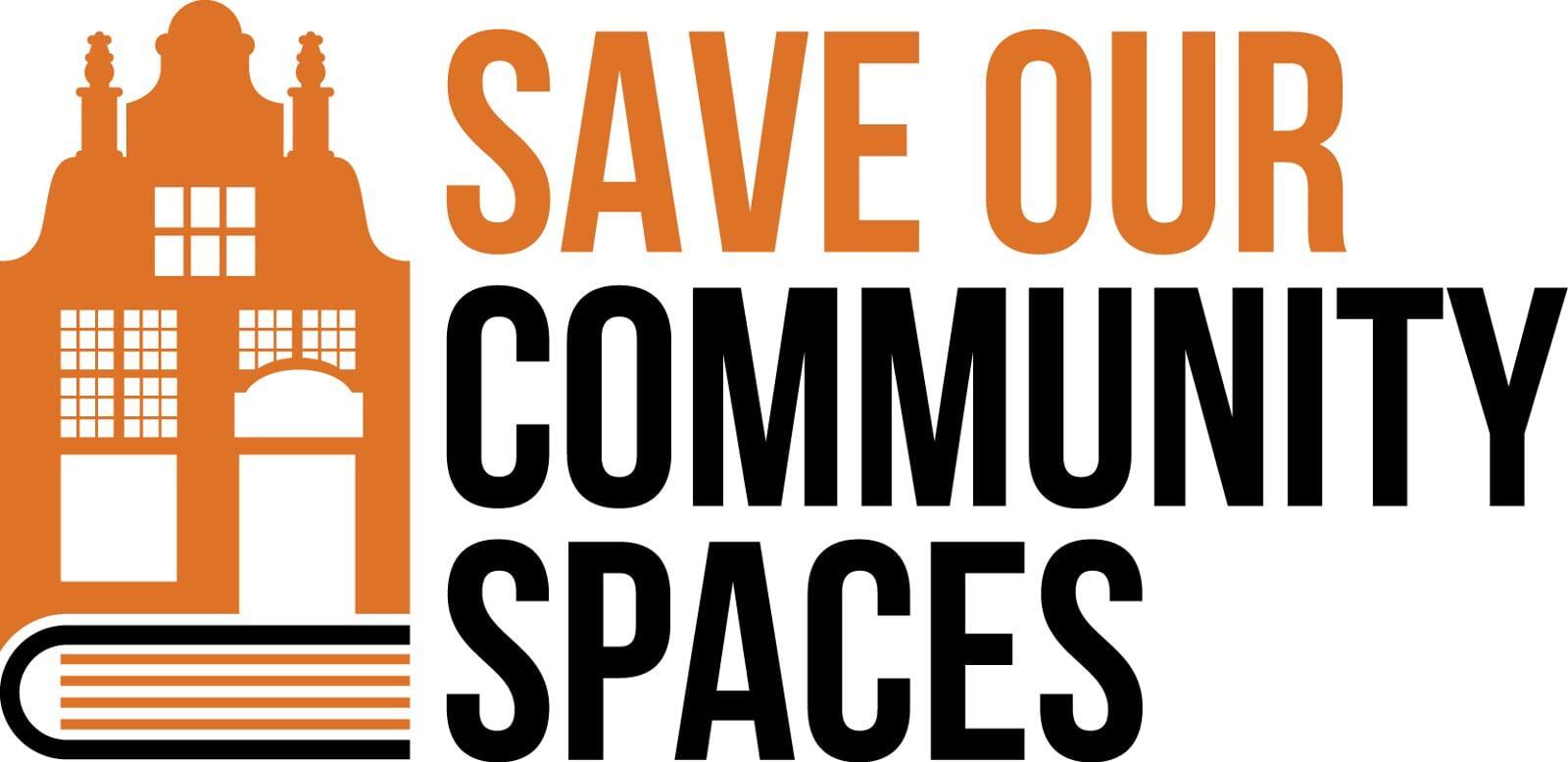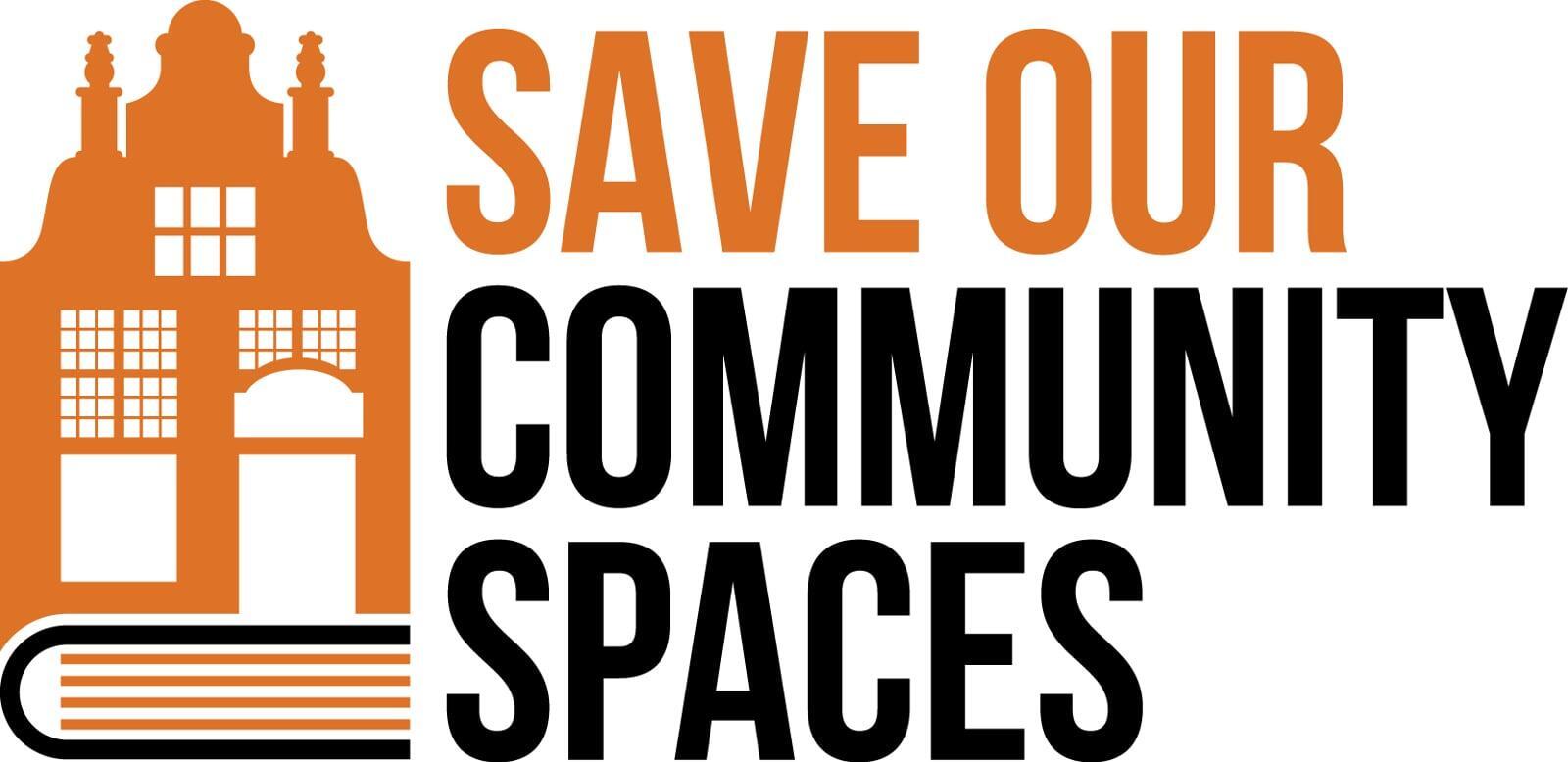A Call to Action for Leicester Residents
Leicester City Council is proposing the closure of several Libraries and Community Centres across our city. These spaces are more than just buildings—they are lifelines for thousands of local people.
Over the past 15 to 20 years, there have been steady
cuts to public services by both Conservative and Labour governments. The recent cuts to the welfare budget announced by our local MP and Secretary of State for Work and Pensions, Ms Liz Kendall, exemplify this trend.
While we seek to influence the council to halt these closures is an option, we believe a more pragmatic approach is necessary.
As a community, we must realistically advocate for and demand the appropriate support that serves our best interests in the short, medium, and long term.
These closures are not just cuts—they’re a blow to our communities. Let’s come together as residents, local groups and community organisations where ever you are in the city. To arrive at a collective outcome. To protect and sustain what matters.
Before exploring potential options to manage these much needed services, let’s examine the devastating impact these cuts and the disposal of community assets could have on local families and communities.
CLOSURE OF SAFE SPACES FOR VULNERABLE GROUPS
From parent-and-baby groups to English classes and youth clubs—these Centres support the most vulnerable in our city.
LIBRARIES
LIBRARIES AT RISK
~Evington Library
~Knighton Library
~Rushey Mead Library
COMMUNITY CENTRES
COMMUNITY CENTRES AT RISK
~Belgrave Neighbourhood Centre
~Braunstone Frith Recreation Centre
~Coleman Neighbourhood Centre
~Eyres Monsell Community Centre
~Gilmorton Community Rooms
~Netherhall Neighbourhood Centre
~Rushey Mead Recreation Centre
~Tudor Centre
The Impact on the Community
The Impact on Local Businesses
We want to hear about how the changes are affecting you as a Resident or a Business Owner.
Fill In Our Survey
What Can You Do?
Empower yourself by joining our efforts. Work with us to plan, prepare, and seek to influence for the best outcome for your local centre.
Add your voice to the growing number of residents sharing how the changes are affecting them and demanding action.
Participate in meetings organised by SaveOurCommunitySpaces and Leicester City Council Public Meetings. Your presence ensures that the City Mayor & Councillors see and hear the people affected.
Engage with your friends & neighbours, share information on social media to help raise awareness.
Use the hashtag
#SaveOurCommunitySpaces
to join the conversation
Please help us Save Our Community Spaces by donating or sponsoring us
SUSTANABLE SOLUTIONS:
Let’s come together as residents, local groups and community organisations where ever you are in the city. To arrive at a collective outcome. To protect and sustain what matters for the common good.

Community Asset Transfers
Empowering local organisations to manage Community Centres, fostering responsibility and tailored service delivery.

Partnerships with
Non-Profit Organisations
Collaborating with charities to co-manage facilities, leveraging expertise and resources.

Volunteer-Led Initiatives
Mobilising community volunteers to oversee operations, ensuring Centres remain open and serve local needs.

Hybrid Models
Combining efforts of the council,
private sector, and community groups to create sustainable financial and operational models.
Exploring Sustainable Solutions for Our Community Spaces
Leicester City Council’s proposed closures of libraries and community Centres threaten vital community assets that provide educational resources, social support, and cultural enrichment. To address this challenge, Dharma Seva Community Interest Company (CIC) will work with local groups to help them arrive at sustainable solutions for the local community.
By exploring these alternatives,
we can work together towards preserving the invaluable services that our Community Spaces provide.

About Dharma Seva CIC:
Dharma Seva CIC is dedicated to enhancing access to key services and fostering community investments. Their objectives include building community capacity, reducing silos, increasing funding, improving cohesion, and influencing policy and investment decisions. They provide services such as free advice and guidance, access to community services, and educational courses.

